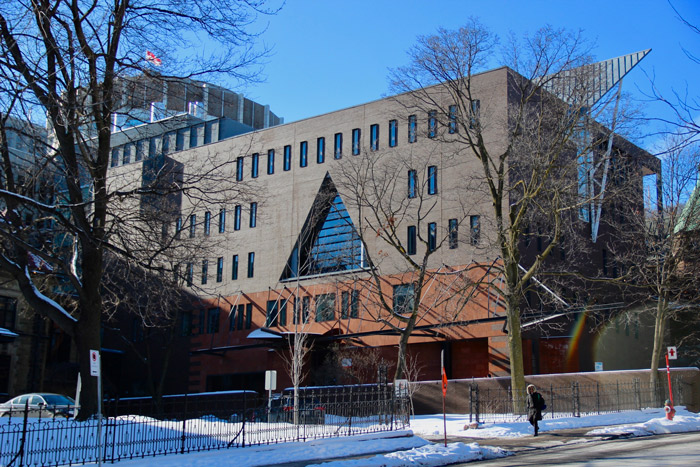With Reading Week over, many students are in the midst of sending out CVs and graduate school applications. While the students who desire to pursue postgraduate education come from all backgrounds, many Canadian universities continuously fail to accommodate low-income students in their admissions processes.
In recent years, many postgraduate programs have shifted their focuses toward increasing diversity in admissions, yet despite this, significant financial barriers remain. Beyond the high price of tuition, which can reach up to $35,000 per year for law school in Canada, students from lower socioeconomic groups are often limited due to steep application fees, the high price of studying materials for standardized tests, and expensive interview processes.
It can be very expensive to write required standardized tests like the Medical College Admissions Test (MCAT), Law School Admissions Test (LSAT), and General Management Admissions Test (GMAT). With a price point hovering around $200 per test, many students can only afford to take the test once, further increasing the pressure to score well on them. Many online forums suggest setting aside at least three months to prepare for these tests, but some students find this unmanageable while balancing jobs and heavy course loads. In fact, many on-campus groups advertise prep classes and implicitly suggest that, in order to succeed, students must purchase the books and courses, like the Princeton Review, which starts at $599 USD. As a result, standardized tests advantage students who can afford to take time away from work and who have the funds to enroll in prep courses and purchase pricey prep books.
Certain Canadian schools, including McGill, are beginning to recognize the weaknesses of standardized tests. As a result, many Canadian postgraduate admissions councils have started to give extracurricular activities, volunteer work, and past experience the same weight as Grade Point Averages (GPA) and standardized tests to diversify the applicant pool. Some have even omitted portions of these tests altogether, like McGill which does not require LSAT or MCAT to apply for law or medical faculties, respectively. However, not all schools follow suit. Some Canadian law schools, such as University of Victoria, weigh LSAT results nearly as heavily as students’ grade point averages. As such, some admissions boards essentially equate four years’ worth of undergraduate education with a three-hour test. The pressure to perform is immense and enough to dishearten some students.
Even with admissions initiatives to consider applicants more holistically, experience on one’s CV often comes at a steep price, and unfortunately, part-time jobs often do not bear as much weight on an application as unpaid experience might. Similarly, extracurricular activities and volunteer work often require significant time away from school and work, which can affect students both financially and academically. Furthermore, for some postgraduate programs such as medical school, students are expected to travel from coast to coast to participate in interviews. For many applicants, this venture is a significant time constraint, but for others it represents an insurmountable financial obstacle.
Issues with diversity are far from being solved. For example, medical schools in Canada feature more minority groups than the Canadian population. However, the distribution remains skewed: Some minority groups are drastically underrepresented, while others are overrepresented. Canadian students of higher socioeconomic status are overrepresented as well.
Canadian postgraduate programs, including those at McGill, have a long way to go in terms of prioritizing both socioeconomic and racial diversity in their classrooms. University of Calgary shows merits in its Pathways to Medicine Scholarship, which is geared toward low-income applicants and provides $21,000 of financial assistance and a paid internship. Similarly, both McGill and the University of Toronto offer bursaries and targeted application processes for Indigenous students. Yet more work needs to be done to ensure that distribution of races and socioeconomic statuses remain representative of the country and demonstrate that all students are welcome in Canadian postgraduate programs. Instituting more holistic admissions processes that are more considerate of socio-economic privilege and disadvantage is crucial for achieving equity.








